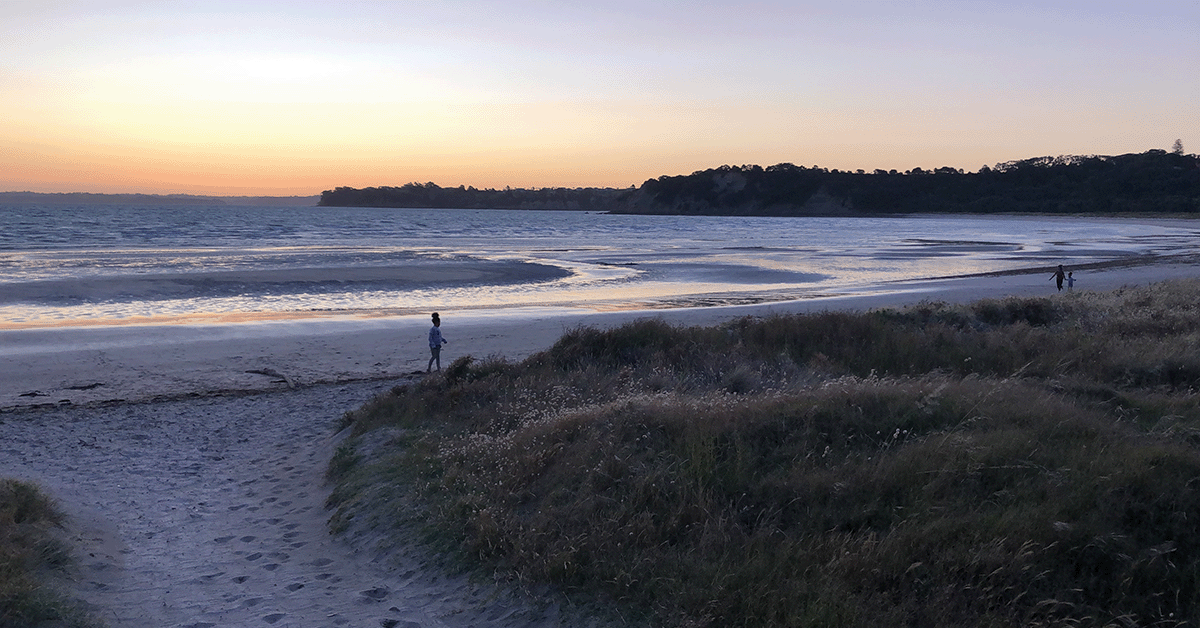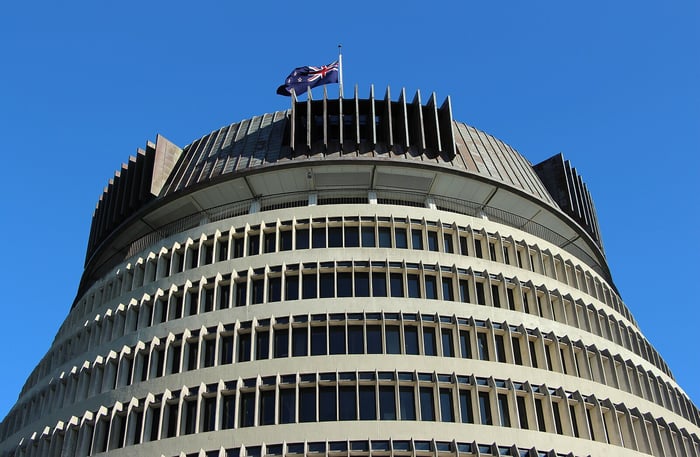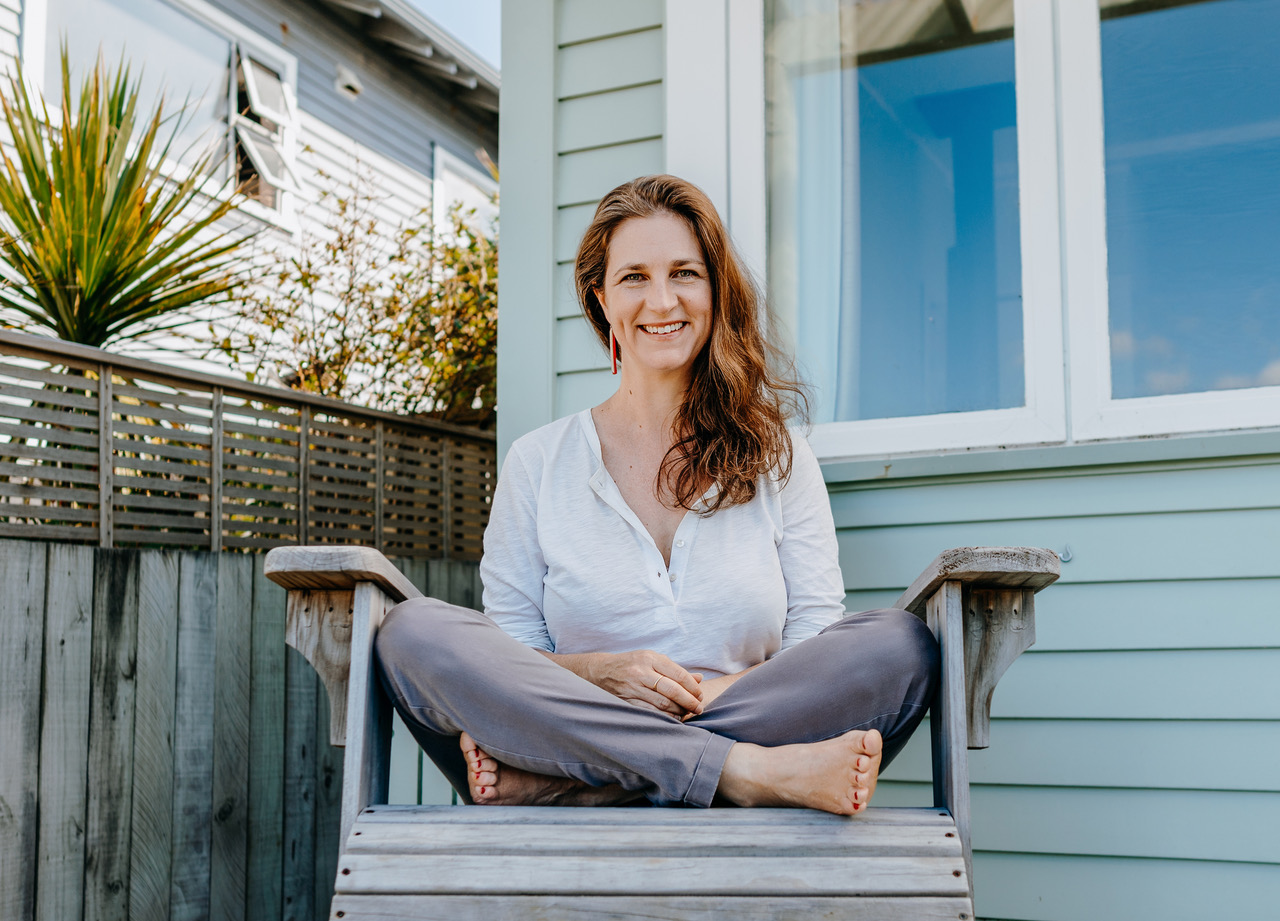
We all want our actions to matter. One of the defining features of climate change that makes it so hard to address is the sheer enormity of the challenge. Whether you’re talking about which party to vote for, if you drive or take the bus today, or whether to donate to a climate change organisation, it’s hard not to ask, "does my contribution actually matter?"
Thinking about this through the lens of donations (since this is a blog about climate giving, after all), it’s easy to wonder if we’re making a difference. Last year, I (Pip) gave $200 to an awesome startup on PledgeMe, I donated $100 to an organisation working on te Tiriti issues in the lead-up to te Hīkoi mō te Tiriti, I gave $20 to an Australian climate charity. These donations felt meaningful - I believed in the work, it felt good to support it - but I'd be lying if I said they didn't also feel like drops in the ocean.
Pooled funding
This is part of what led MJ and I to co-found The Climatics. We realised that our individual donations, meaningful as they felt, could have much greater impact if they were part of something bigger.
When you pool climate donations with others, your impact gets multiplied not just mathematically, but strategically. Collective funding can support the kind of ambitious, systems-changing work that transforms how entire sectors operate. Instead of feeling like my $20 or $200 donations are drops in the ocean, I can see myself as part of a wave.
That's exactly what we're building—a way for individual New Zealanders to pool their climate giving and direct it strategically toward the organisations doing the most impactful work in Aotearoa.
Could a climate donation have 100x more impact than going vegan?
That’s a bold claim. The type I generally find implausible. But stay with me for a moment here…
Founders Pledge, a group of folks who are really committed to putting hard numbers into their decision making, dug into the comparative effectiveness (https://www.founderspledge.com/research/climate-and-lifestyle-report) of different individual actions as measured by emission reductions:
- Going vegan: ~2 tonnes CO₂ avoided per year
- Giving up flying: ~3 tonnes CO₂ avoided per year
- Selling your car: ~2-3 tonnes CO₂ avoided per year
- $1,000 donated to effective climate organisations: 100+ tonnes CO₂ equivalent impact
Which kind of blows my mind. (Note: their numbers definitely needing lots of caveating, but the logic that underpins them is strong.)
As an argument for donating to climate organisations, it’s a pretty compelling one. The biggest challenge is that sneaky word in the middle there: “effective”.
What counts as effective for climate philanthropy
Philanthropy obviously can't solve climate change alone. Government funding and private investment dwarf what individual donors can contribute. But philanthropy has a unique role that these other funding sources often can't fill.
Government funding tends to be conservative, focused on proven solutions and influenced by political cycles. Private investment seeks financial returns, which can limit support for early-stage innovations or advocacy work that doesn't generate revenue.
Philanthropy can take risks. It can fund the uncomfortable conversations, the advocacy that challenges powerful interests, the demonstration projects that bring to life inspiring future pathways. Research shows that funding organisations that take systemic approaches and tackle the root causes of climate change creates a much bigger impact per dollar than funding direct emission reductions alone.
Because philanthropy is such a precious resource, we need to be incredibly strategic about how we use it.
What’s next?
On our homepage we outline four focus areas for The Climatics’ funding. Over the next few weeks, I’ll share more about each of them - what they are, why we’ve chosen them and how they show up here in Aotearoa.
If you’ve got questions, or feedback, or links you think we should check out - get in touch. hello@theclimatics.org - we’d love to hear from you.
With hope and determination,

Pip Wheaton - The Climatics Co-Founder
Growing up in rural Australia made Pip intensely curious about humans’ impact on the rest of the natural world. Her childhood saw her planting trees and rounding up sheep, finding snakes in her bedroom and echidna in the garden, and solo walks gazing at exceptionally starry skies. Pip works on climate change, both locally where she now lives in Te-Whanganui-a-Tara, and globally. Her work is informed by systems theory and a fierce sense of justice: her decision to work on climate is based on the recognition it is a symptom of deep faults in our social, economic, and political systems. She has worked in social entrepreneurship, local government, academia, and philanthropy across Australia, South Africa, the UK and Aotearoa. Pip is an award-winning social entrepreneur for founding enke: Make Your Mark, a youth leadership organisation in South Africa.
More recent stories

October 5, 2025
Transform the Politics - what it means and why it matters
This is the third of four blog posts exploring The Climatics' funding focus areas: elevating the sto...

September 26, 2025
Build the Movement - what it means and why it matters
This is the second of four blog posts to dig into each of The Climatics' funding focus areas: elevat...

October 31, 2025
Two hours, seven organisations, three decisions
Two hours. Seven organisations. Three funding decisions. That's what was on the agenda Tuesday morni...
Join our Community
We’ll send stories and updates from The Climatics, plus ways to be part of climate action in Aotearoa.
Small gifts create big shifts
By pooling donations, small gifts add up fast. And every dollar goes straight to climate projects doing the mahi.

